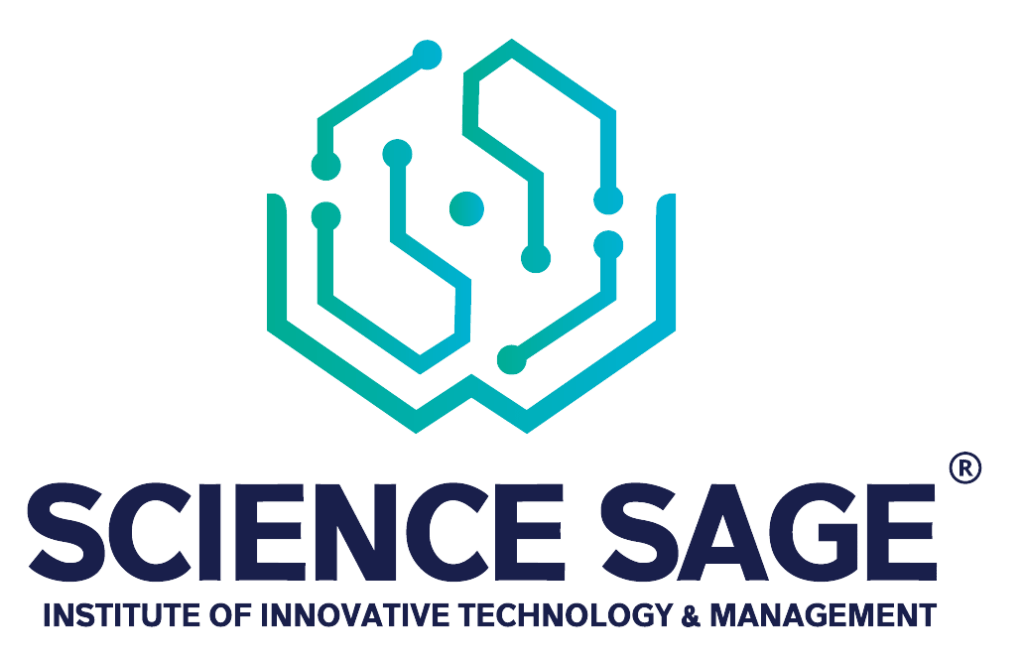- Prerequisites
- Higher Secondary Passed
- Course Duration
- 2 Years
The Diploma in Hospital Administration program is designed to provide students with the knowledge and skills necessary to effectively manage healthcare facilities and organizations. Hospital administrators play a critical role in ensuring the smooth operation, quality of care, financial sustainability, and regulatory compliance of hospitals and healthcare institutions. Below is a detailed description of the program:

Course Overview
- Duration: The Diploma in Hospital Administration program typically spans one to two years, depending on the curriculum and institution offering the program.
- Curriculum: The curriculum covers a wide range of subjects related to healthcare management, hospital operations, healthcare finance, human resources management, healthcare law and ethics, healthcare information systems, quality improvement, and patient safety. Courses may include healthcare organization and management, healthcare economics, healthcare policy and regulation, healthcare marketing, strategic planning, and leadership in healthcare.
- Practical Training: Practical training and internships are integral components of the program, providing students with hands-on experience in healthcare settings. Students may undergo rotations in various departments within hospitals, healthcare clinics, and healthcare management organizations to gain exposure to different aspects of hospital administration and healthcare management.
- Case Studies and Projects: Case studies, projects, and group assignments are commonly used to enhance students’ understanding of real-world healthcare management challenges and to develop their problem-solving and decision-making skills. Students may analyze case studies of healthcare organizations, develop strategic plans, and propose solutions to address operational, financial, and quality improvement issues.
- Industry Collaboration: Many diploma programs collaborate with healthcare institutions, hospital associations, and healthcare management consulting firms to provide students with exposure to industry best practices, networking opportunities, and guest lectures from experienced healthcare executives and leaders.

Course Structure
- Core Subjects:
– Healthcare Organization and Management
– Healthcare Economics and Financial Management
– Healthcare Policy, Regulation, and Ethics
– Healthcare Information Systems and Technology
– Human Resources Management in Healthcare
– Quality Improvement and Patient Safety
– Strategic Planning and Healthcare Marketing
– Healthcare Leadership and Change Management
– Healthcare Law and Compliance
– Healthcare Operations Management - Specialization Electives (Sample):
– Healthcare Finance and Budgeting
– Healthcare Risk Management
– Healthcare Quality Management
– Healthcare Information Technology Management
– Healthcare Human Resources Development
– Healthcare Strategic Planning and Implementation
– Healthcare Marketing and Public Relations
– Healthcare Ethics and Legal Issues
– Healthcare Leadership and Team Building - Internship or Field Placement:
– Supervised Internship in Hospital Administration
– Rotations in Various Hospital Departments (e.g., Finance, Operations, HR)
– Practical Training in Healthcare Management Practices
– Exposure to Healthcare Policies and Regulations
– Hands-on Experience in Healthcare Information Systems - Capstone Project or Thesis:
– Independent Research Project on a Healthcare Management Topic
– Development of a Strategic Plan for a Healthcare Organization
– Analysis of Healthcare Management Case Studies
– Proposal for Quality Improvement Initiatives in a Healthcare Setting

Key Skills Developed
- Leadership and Management Skills: Leadership abilities to inspire teams, manage conflicts, and drive organizational change in healthcare settings.
- Financial Management: Understanding of healthcare finance principles, budgeting, revenue cycle management, and cost containment strategies.
- Strategic Planning: Skills in developing strategic plans, setting organizational goals, and implementing initiatives to achieve healthcare organization objectives.
- Quality Improvement: Knowledge of quality improvement methodologies, patient safety principles, and performance measurement techniques to enhance healthcare delivery and patient outcomes.
- Communication and Interpersonal Skills: Effective communication skills to interact with healthcare professionals, staff members, patients, and stakeholders in diverse healthcare settings.
- Problem-Solving and Critical Thinking: Analytical abilities to identify healthcare management challenges, analyze data, and develop evidence-based solutions to complex problems in healthcare administration.
- Ethical and Legal Compliance: Understanding of healthcare ethics, legal regulations, and compliance standards to ensure ethical conduct and regulatory adherence in healthcare management practices.

Career Opportunities
- Hospital Administrator: Graduates of the diploma program can work as hospital administrators, overseeing the day-to-day operations, strategic planning, financial management, and quality improvement initiatives of hospitals and healthcare institutions. They collaborate with healthcare professionals, department heads, and stakeholders to ensure the delivery of high-quality patient care and the efficient functioning of the organization.
- Healthcare Manager: Some graduates may pursue careers as healthcare managers in various healthcare settings, including hospitals, clinics, nursing homes, and healthcare consulting firms. They may specialize in areas such as operations management, finance, human resources, quality improvement, or information systems management.
- Healthcare Consultant: Experienced hospital administrators may transition into roles as healthcare consultants, providing advisory services to healthcare organizations on strategic planning, process improvement, regulatory compliance, and operational efficiency. They may work independently or as part of consulting firms specializing in healthcare management.
- Healthcare Policy Analyst: Graduates with an interest in healthcare policy and regulation may work as policy analysts or researchers in government agencies, non-profit organizations, or research institutions. They analyze healthcare policies, conduct research on healthcare trends, and contribute to the development of healthcare policy recommendations.
- Healthcare Educator: Some graduates may pursue careers as healthcare educators or trainers, teaching healthcare management courses, conducting workshops, and providing continuing education to healthcare professionals in academic institutions, hospitals, and healthcare organizations.
The Diploma in Hospital Administration prepares individuals for rewarding careers in healthcare leadership and management, where they can contribute to improving healthcare delivery, patient outcomes, and organizational performance in healthcare institutions.
